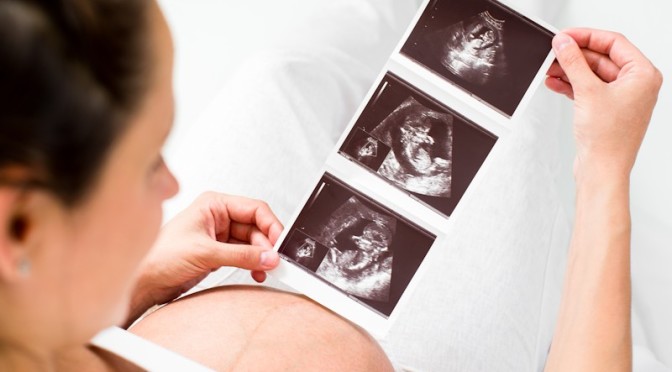In the United Kingdom, every year 10,000 women suffer from a severe form of morning sickness known as hyperemesis gravidarum (HG). According to the Cleveland Clinic, the sickness causes extreme, persistent nausea and vomiting during pregnancy. The condition can also cause severe dehydration.
Unfortunately, a new study reveals that 1,000 of these women choose abortion because they are unable to find relief from the condition. Currently, there are treatments available to women who suffer from hyperemesis gravidarum but many doctors refuse to prescribe any medication because of a scandal that occurred 60-years-ago. In the late 1950s and early 1960s, a drug called Thalidomide was prescribed for nausea during pregnancy but was eventually banned after it caused babies to be born with health problems including malformed limbs.
The Daily Mail reports that the study was conducted by the British Pregnancy Advisory Service and found that half of sufferers received no treatment at all; and of these, one in ten had an abortion because they were unable to deal with the pain. However, a study by the University of Southern California (USC) found that 21% of women with HG who want their babies end up aborting because of fear. Unbelievably, the report also revealed that 6% of these women have aborted more than one child due to the condition.
Like this pro-life news article? Please support LifeNews during our current fundraising campaign with a donation!
Leila Hanna, an OBGYN at Queen Mary’s Hospital in London, said the following about the condition, “The condition is extremely common in the first 12 weeks of pregnancy. It is associated with the changes in hormonal levels in the body, where the pregnancy hormones are quite high and it is the effect of those on the expectant mother. If anything it is associated with a normal, healthy pregnancy. Every so often, in extreme cases it is necessary to scan the mother to see if she could be expecting twins. In twins expectant mothers experience twice the hormones, and so often twice the sickness.’
In 2012, Princess Kate Middleton was admitted to King Edward VII Hospital in Central London with Hyperemesis Gravidarum prior to having her first-born son. Prince William’s mother, the late Princess Diana, got pregnant four months after her wedding in 1981. Like Kate, Diana had morning sickness for months and complained of constant media attention.
As LifeNews previously reported, the Hyperemesis Education and Research (HER) Foundation joined with the USC and the University of California Los Angeles to determine hereditary markers for hyperemesis gravidarum (HG). In 2011, a post on the HER website’s memorial page shared the story of a woman who had an abortion because of the condition. The post summarized the feelings of women who have aborted wanted babies due to fears of death of the mother while the baby is not yet viable on his or her own. Although the HER Foundation does not take a stand on abortion, its efforts are directed at preventing the perceived need for abortion due to HG.








